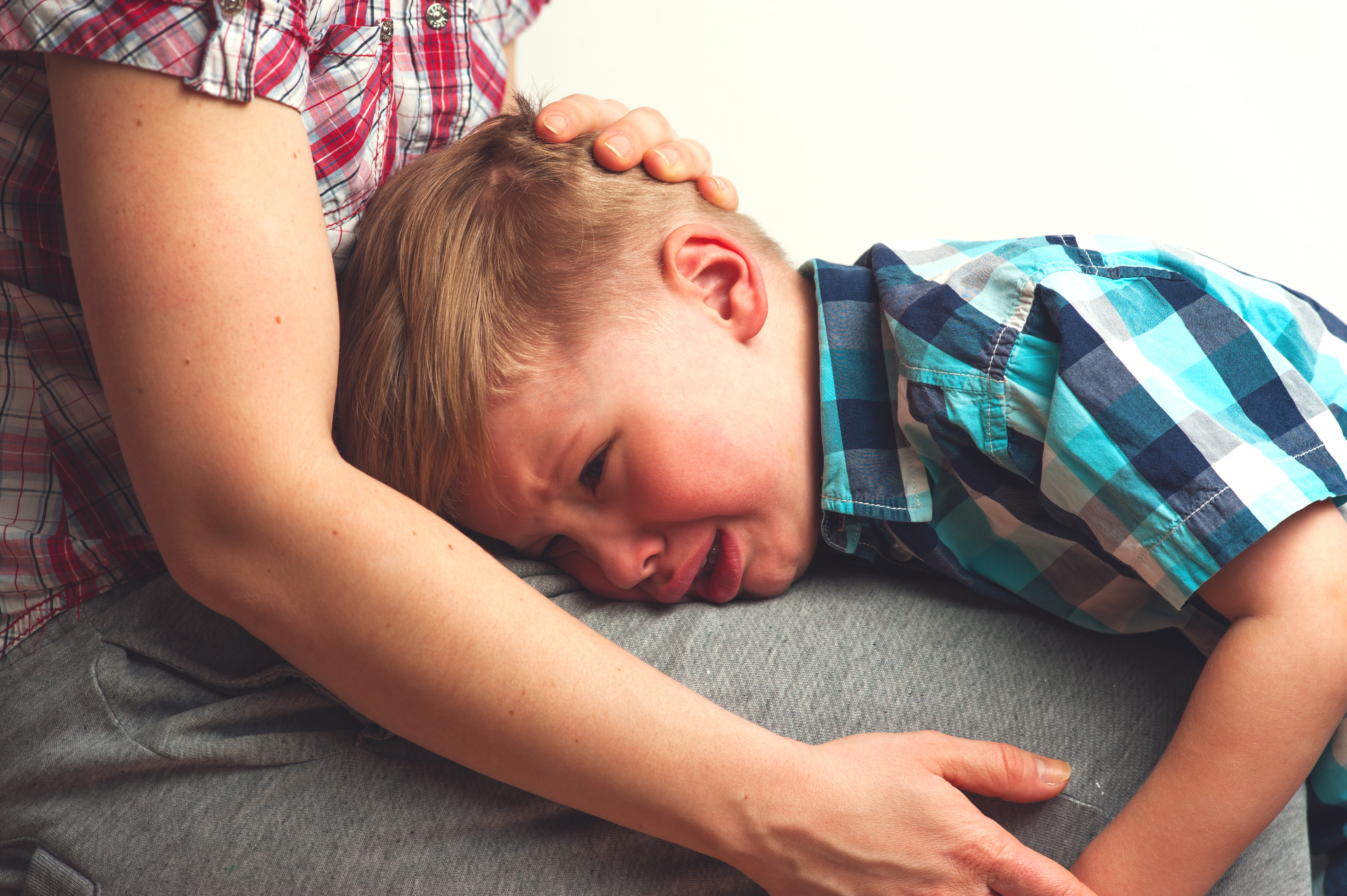-
Genevieve Simperingham wrote a new post, Why do many parents struggle to cope with their child's cries? 10 years ago
How were you responded to when you cried as a baby and young child? The truth is that most parents weren’t lovingly listened to and supported when upset as children. Parents have tended to see the crying as t


Hi J yep you’re got it! We want to avoid distracting them away from feeling and expressing their upsets (as much as possible depending on the situation and our capacity), and yes using food as the distraction brings it’s own set of unhealthy habits. The child who is consistently distracted away from expressing their upset with the lure of yummy food is likely to develop strong cravings for food and rely heavily on food to help themselves shift from upset back to feeling happy. This isn’t healthy managing of emotions as the heightened emotions don’t get released from the system and the child (or then adult) is likely to still carry those emotions which leads to being more easily upset or reactive at the next challenge. What he needs when he “cries to get his way” is empathy and emotional support. He’s experiencing perhaps disappointment or sadness or frustration or anger or all of the above, which are difficult for him to cope with, but as you listen and empathise he discovers that it’s ok to feel those feelings and it’s ok to express them and that those feelings do indeed pass. The better we can hold steady and be present when they’re upset, the better they become at returning back to a calmer state from being upset.
Oh gosh Mom I hear you! Parenting tests every fibre of our being! Great that you’re reading these articles, I hope they help you maintain more hope and strength to keep on keeping on.